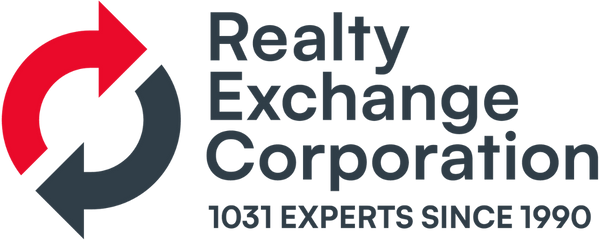Internal Revenue Code (IRC) Section 1031(f) establishes the special rules for exchanges between related parties. In addition, the IRS published “Revenue Ruling 2002-83” in November 2002, to clarify the purchase by an exchanger of the replacement property from a related party.
IRC Section 1031(f)(1)(C) requires that the property received in a related party exchange, by the exchanger or related party, be held for two years after the date of the last transfer which was part of the exchange.
If the exchange properties are held for two years, it is clear that:
First, an exchanger can do a direct exchange. A direct exchange occurs when the parties swap properties directly with each other. This normally occurs simultaneously and may involve a qualified intermediary.
Second, also allowed is the sale and transfer of the relinquished property to a related property. This normally is a deferred exchange using a qualified intermediary, with the exchanger buying the replacement property from an unrelated party.
However, regardless of the time the exchanger holds the new replacement property, or the use of a qualified intermediary, it is clear in the “Revenue Ruling” that purchase of the replacement property from a related party may result in the IRS disallowing the exchange.
Between family members, a related person is an individual and his or her spouse, siblings, parents and children. Not related are aunts, uncles, in-laws, cousins, nephews, nieces and ex-spouses. Certain business entities can also be related parties; for example, a corporation or partnership/LLC in which the exchanger has more than a 50% ownership interest is considered a related party.
For purposes of Section 1031(f), the term “related person” means any person bearing a relationship to the exchanger as described in Sections 267(b) or 707(b) (1). If there is any doubt as to the related party status of the seller of the replacement property, the exchanger should consult with his tax advisor.
If the exchange involves a related person, then Part II of IRS Form 8824, Like-Kind Exchanges, must be filed for the year of the exchange plus two additional years.
Based on IRC 1031(f) and Revenue Ruling 2002-83, it is clear that the purchase of a replacement property from a related party should be avoided.
Exception: If the related party seller of the replacement property is not cashing out (that is, he is also doing an exchange), then the replacement property may be purchased from a related party. The requirement remains that the replacement property must be held for a period of two years.
This publication is designed to provide accurate information on tax-deferred exchanges. The publisher is not engaged in rendering legal or accounting services. If legal or tax advice is required, the services of a competent professional should be sought.
